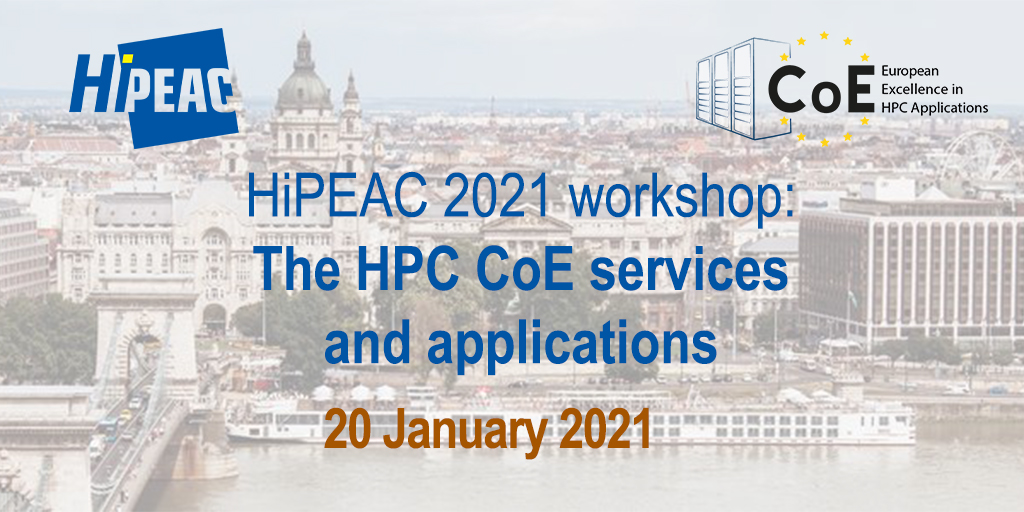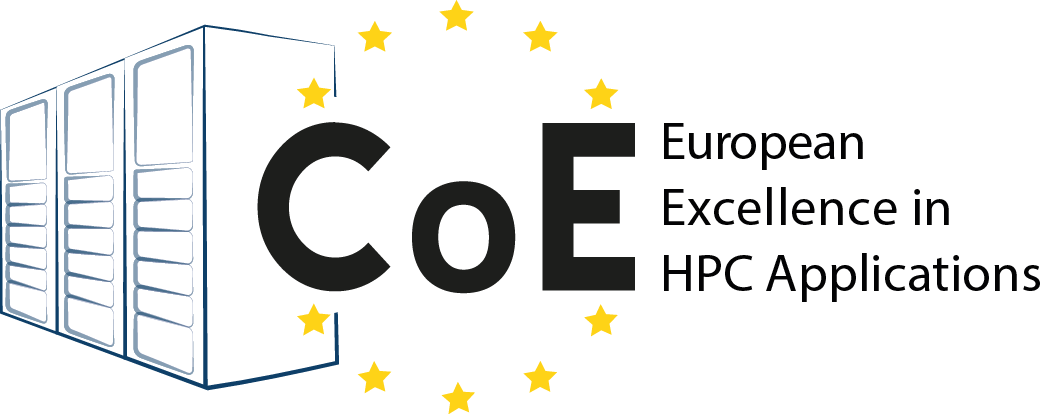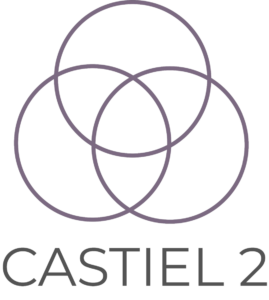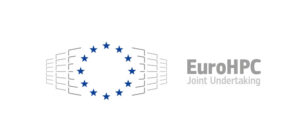Scalability of parallel applications depends on a number of characteristics, among which is efficient communication, equal distribution of work or efficient data lay-out. Especially for methods based on domain decomposition, as it is standard for, e.g., molecular dynamics, dissipative particle dynamics or particle-in-cell methods, unequal load is to be expected for cases where particles are not distributed homogeneously, different costs of interaction calculations are present or heterogeneous architectures are invoked, to name a few. For these scenarios the code has to decide how to redistribute the work among processes according to a work sharing protocol or to dynamically adjust computational domains, to balance the workload.
The seminar will provide an overview about motivation, ideas for various methods and implementations on the level of tensor product decomposition, staggered grids, non-homogeneous mesh decomposition and a recently developed phase field approach. An implementation of several methods into the load balancing library ALL, which has been developed in the Centre of Excellence E-CAM, is presented. A use case is shown for the Materials Point Method (MPM), which is an Euler-Lagrange method for materials simulations on the macroscopic level, solving continuous materials equations.
The goals of NAFEMS are to:
- Be the recognised independent authority and trusted source for communicating engineering simulation knowledge, and for sharing best engineering modelling, analysis, and overall simulation practices in developing reliable products and innovative solutions.
- Facilitate unbiased worldwide communication and collaboration between industries, academia, and government organisations for the advancement of best practice in multidisciplinary engineering simulation expertise.
- Develop and deliver training and personal educational opportunities that are aligned with the rapidly-advancing engineering simulation technologies.
- Have a strong impact on product quality, development efficiency and safety
PoP will participate in this event on Tuesday afternoon presenting “Parallel Engineering Codes: Performance Optimisation with the POP Methodology” and visit them on their virtual booth.
On 7 – 11 December 2020, POP experts will give an overview of the VI-HPS programming tools suite, explain the functionality of individual tools, and how to use them effectively, and offer hands-on experience and expert assistance using the tools at the 37th VI-HPS Tuning Workshop at Frankfurt, Germany. The workshop will be held online using the Zoom platform.
ChEESE members participate in the virtual AGU Fall Meeting 2020 on 1-17 December 2020.
ChEESE coordinator and BSC researcher Arnau Folch presents a an elightning talk titled “Preparing Earth Sciences to Upcoming Infrastructures. The Center of Excellence for Exascale in Solid Earth (ChEESE)” on 7 December 2020 at 07:00 – 08:00.
ChEESE partner Alexey Cheptsov, from HLRS, presents the paper “A Microservices Approach for Parallel Applications Design: A Case Study for CFD Simulation in Geoscience Domain” at the Twelfth International Conference on Advanced Geographic Information Systems, Applications, and Services (GEOProcessing 2020) in Valencia, Spain on November 21-25, 2020 (previously June 21-25).
ChEESE also organizes a tutorial at the same conference on the development of parallel geoscientific applications on high performance computing architectures.
The International CAE Conference & Exhibition has a 36-year track record rendering it unique in the industry, where it is recognized as the richest, most intense and stimulating annual meeting of minds from all parts of the engineering simulation environment across industry and academia, the public and private sectors.
A dedicated HPC session titled “High Performance Computing, a key enabler for digital transformation” has been included on the programme. This session at the International CAE Conference will explore the most advanced algorithms and applications available to better leverage the huge computational capabilities of modern HPC systems.
EXCELLERAT & MaX are participating, FocusCoE has booked for them a common booth in the Exhibition area. In addition to the common booth in the exhibition area, EXCELLERAT is having a talk during the HPC session of the conference.

The goal of this workshop is to present the latest updates of services provided by several HPC CoEs including EXCELLERAT, EoCoE, ChEESE, HiDALGO, BioExcel and CompBioMed. Organized and supported by FocusCoE, this session will present to the HiPEAC community the latest updates of these HPC CoEs.
Agenda
9:30 – 9:45 Welcome and FocusCoE introduction, Guy Lonsdale, Scapos
9:45 – 10:00 FPGAs and scientific computing: A match made in heaven?, Nick Brown (EPCC) EXCELLERAT
10:00 – 10:15 Renewable energy in the exascale era, Edouard Audit (CEA), EoCoE project
10:15 – 10:30 The HPC synergy for Solid Earth Science, Arnau Folch (BSC) ChEESE
10:30 – 10:45 HPC and Big Data Technologies for Global Systems, Javi Nieto (ATOS) HiDALGO
10:45 – 11:00 Meeting User Needs in HPC: Why, What and How in the Life Sciences, Rossen Apostolov, BioExcel
11:00 – 11:30 Coffee break (30min)
11:30 – 11:45 Developing HPC services for the biomedical community, Marco Verdicchio, SURFsara – CompBioMed
11:45 – 12:45 Joint Co-Design panel
Chaired by: Guy Lonsdale, Scapos
* CompBioMed: David Wifling (LRZ)
* Excellerat: Gavin Pringle (EPCC)
*ChEESE: Soline Laforet (Bull Atos)
* Hidalgo: Javi Nieto (Atos)
*BioExcel: Berk Hess (KTH)
*EoCoE: Edouard Audit
12:45 – 13:00 Wrap-up and conclusions, Guy Lonsdale (Scapos)
Register to this event here: https://www.hipeac.net/2021/spring-virtual/#/program/sessions/7858/
Life Science research has become increasingly digital and has a direct influence on our daily life in areas such as health and medical applications, drug discovery, agriculture and food industry. It is one of the largest and fastest growing communities in need of high-end computing, leading to an increasing number of life science researchers who are not computing experts but who need to use complicated computationally intensive biomolecular modelling tools. High quality training is required to enable researchers to use computational tools.
A competency framework can be used to define the areas of training needs and develop a training programme based on it. A competency is an observable ability of any professional, integrating multiple components such as knowledge, skills and behaviours. BioExcel has developed a competency framework that lists the competencies for professionals in the field of computational biomolecular research. This framework also enables the definition of different profiles within its field of application, which can help people identify the abilities they need for a specific role, e.g. computational chemist, and therefore, inform their career choices and professional development.
The EMBL-EBI training team is involved in a number of projects that use competencies as the basis of their training programme. To provide a central and sustainable home for the generated competency framework the team has developed the competency hub to facilitate access to competency frameworks and relevant training resources and career profiles associated with them. The BioExcel framework is one of the driving use cases for the competency hub. We will demonstrate how users can obtain information from the website to guide their professional development.
The 2020 edition of the EGI conference will take place virtually, from the 2nd until the 4th of November.
With our theme “Federated infrastructures for connected communities” we aim to bring together science, computing, and (international) collaboration through a diverse and interactive programme.
This workshop organised by VI-HPS and CINECA will:
- give an overview of the VI-HPS programming tools suite
- explain the functionality of individual tools, and how to use them effectively
- offer hands-on experience and expert assistance using the tools



